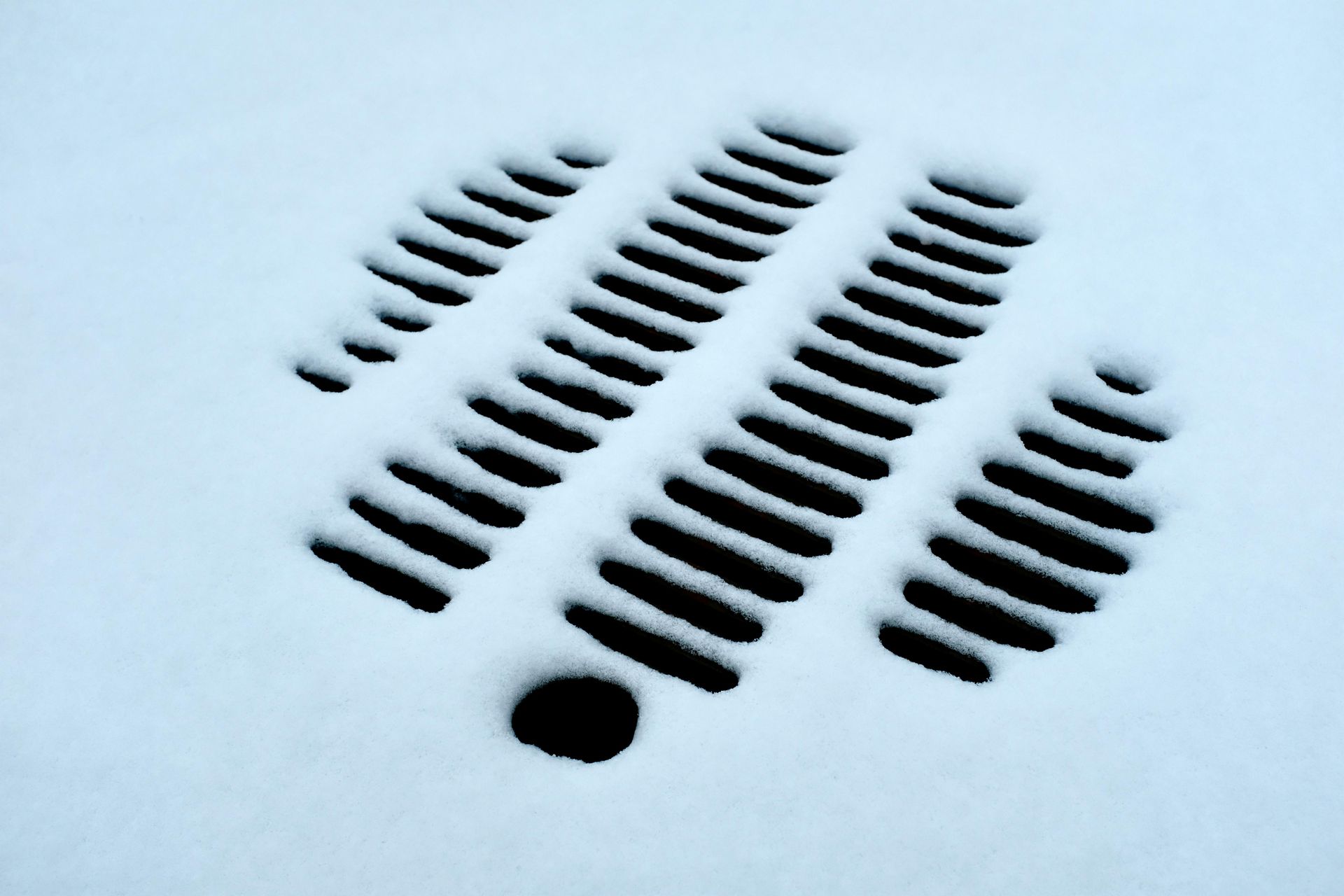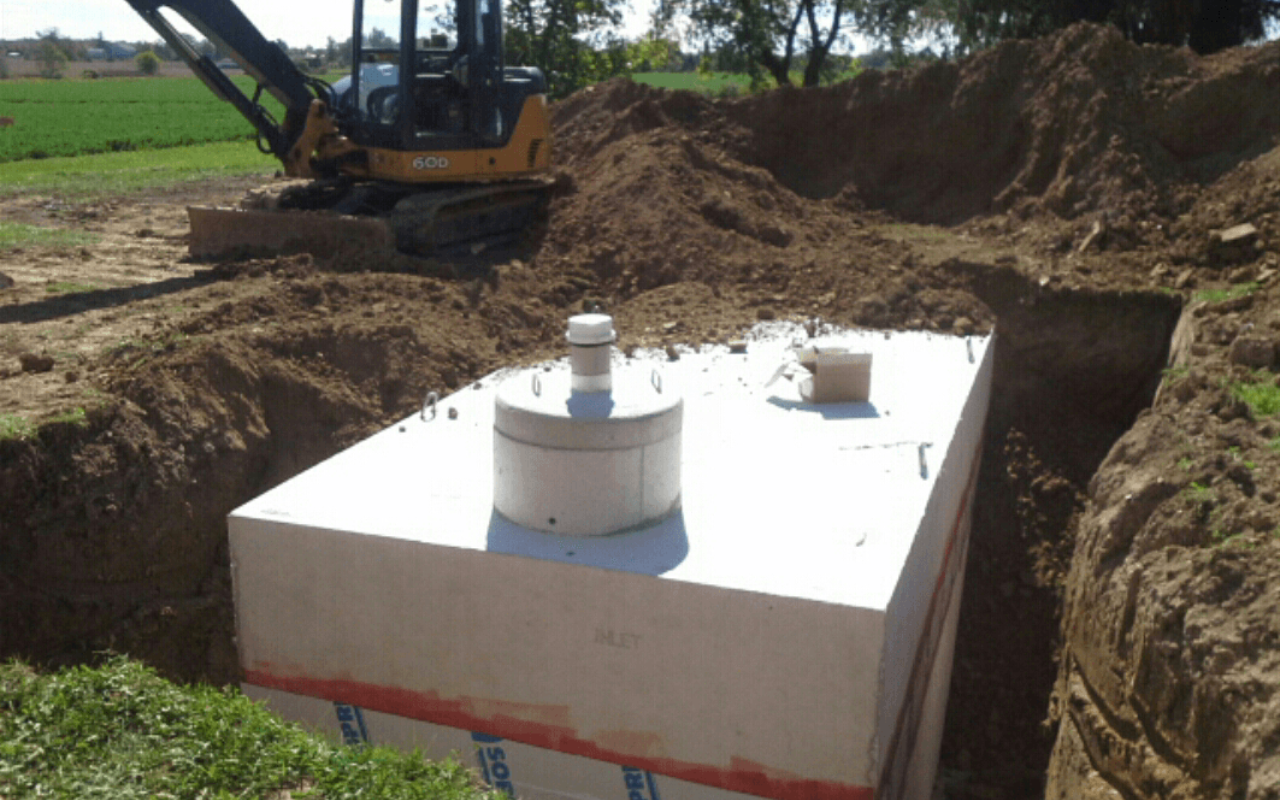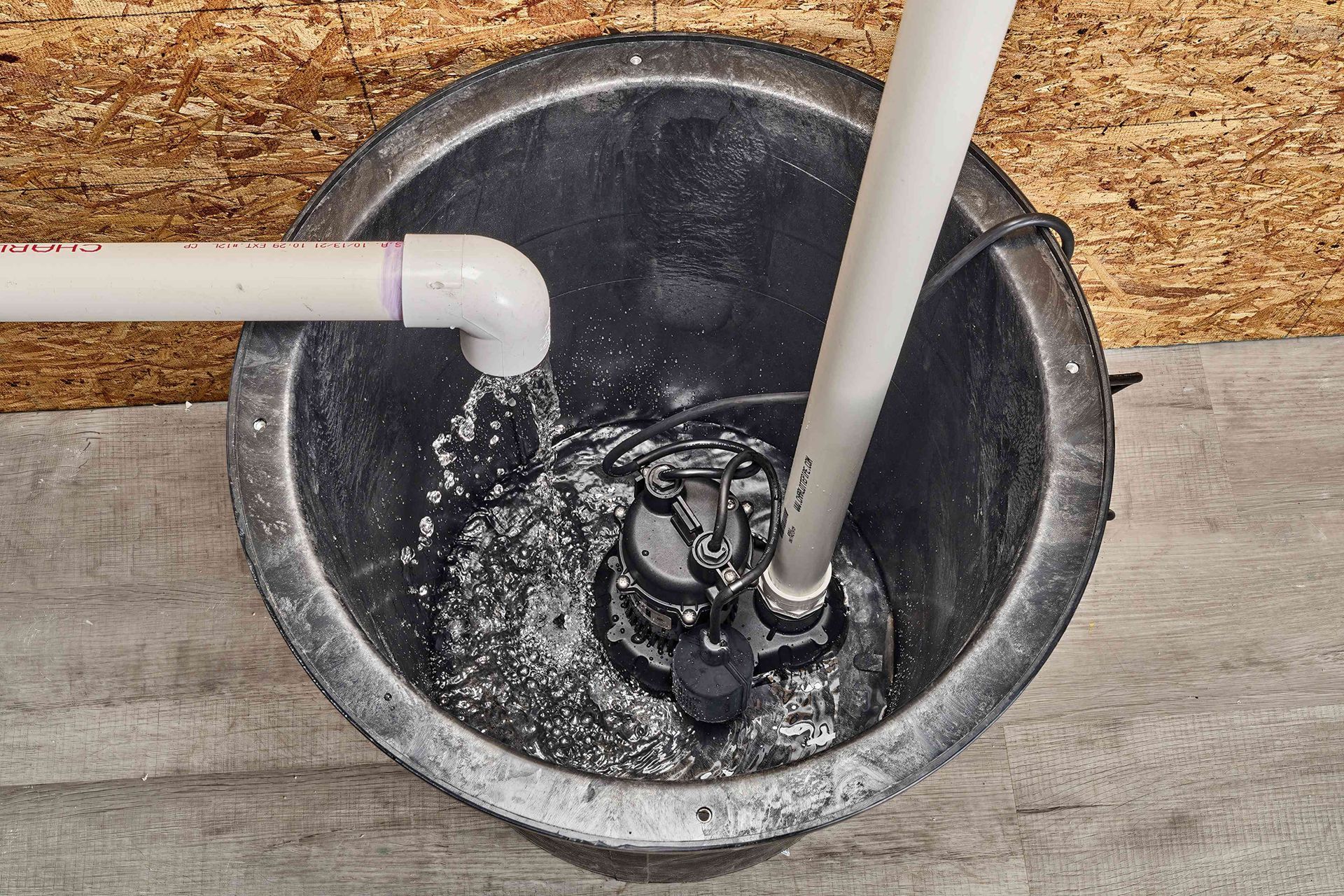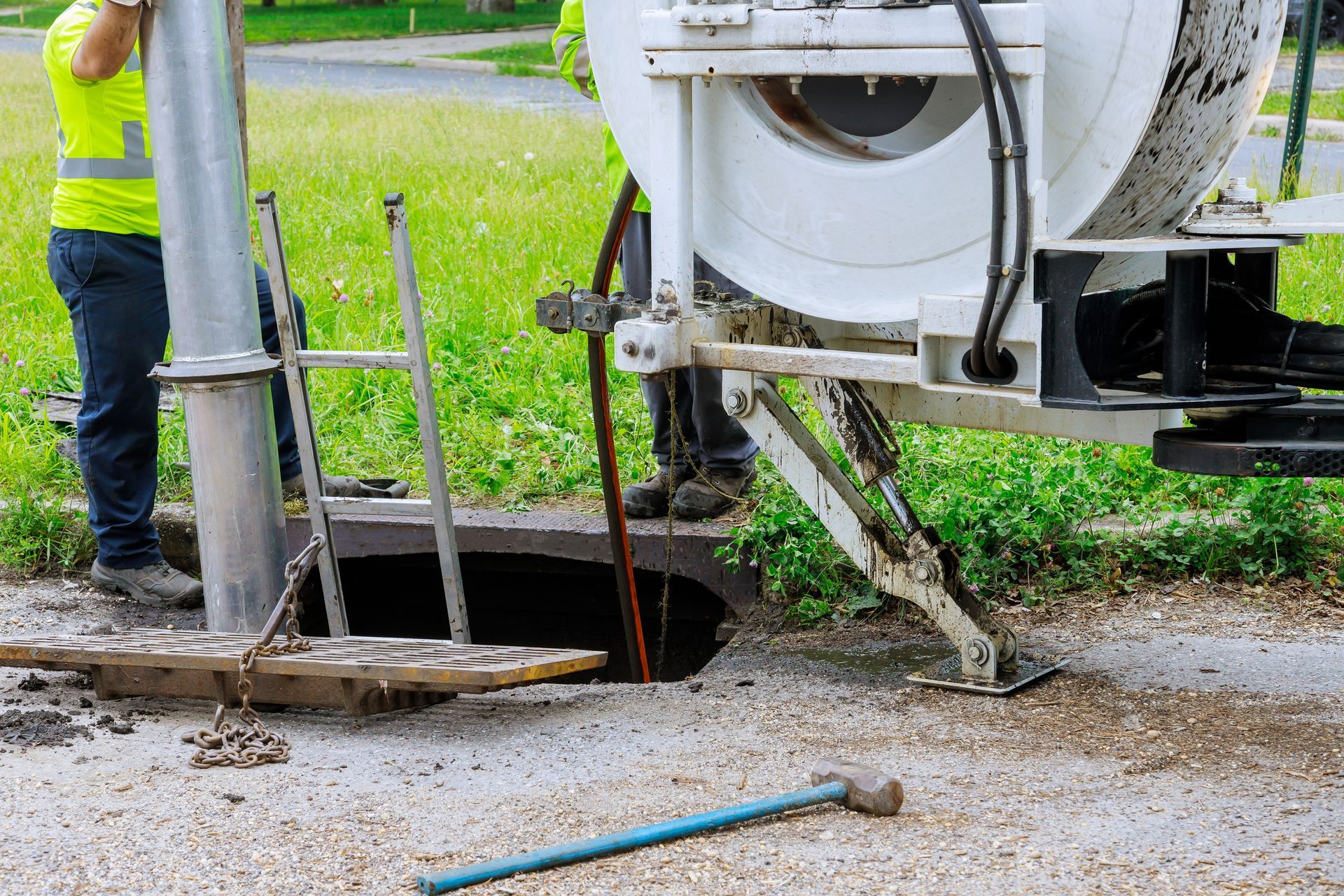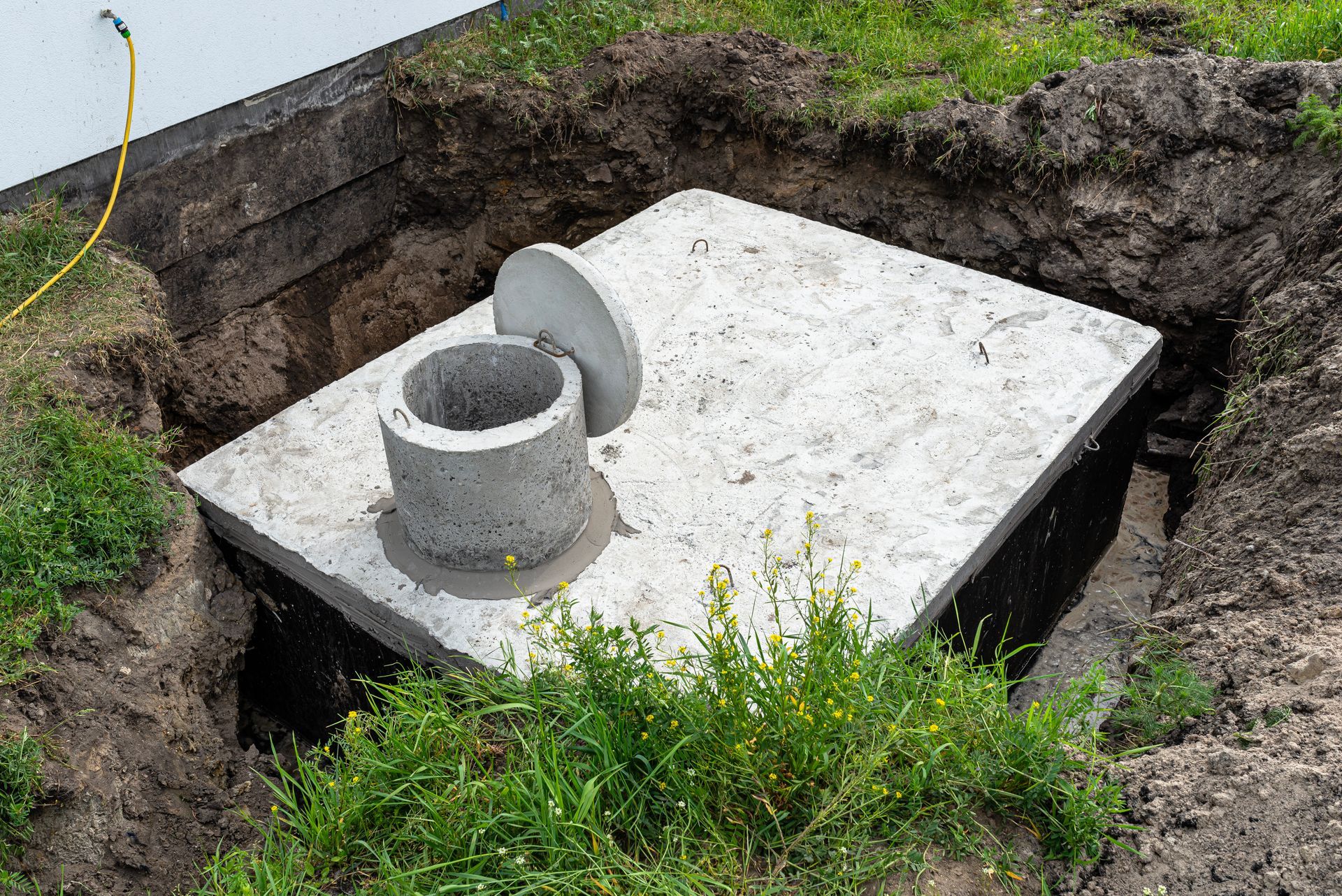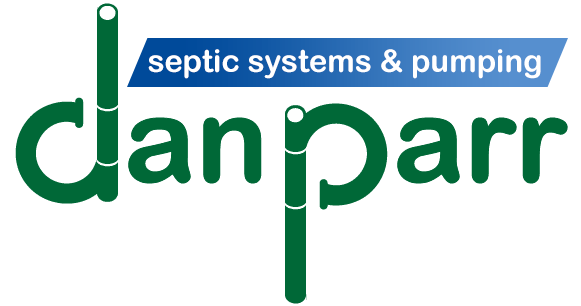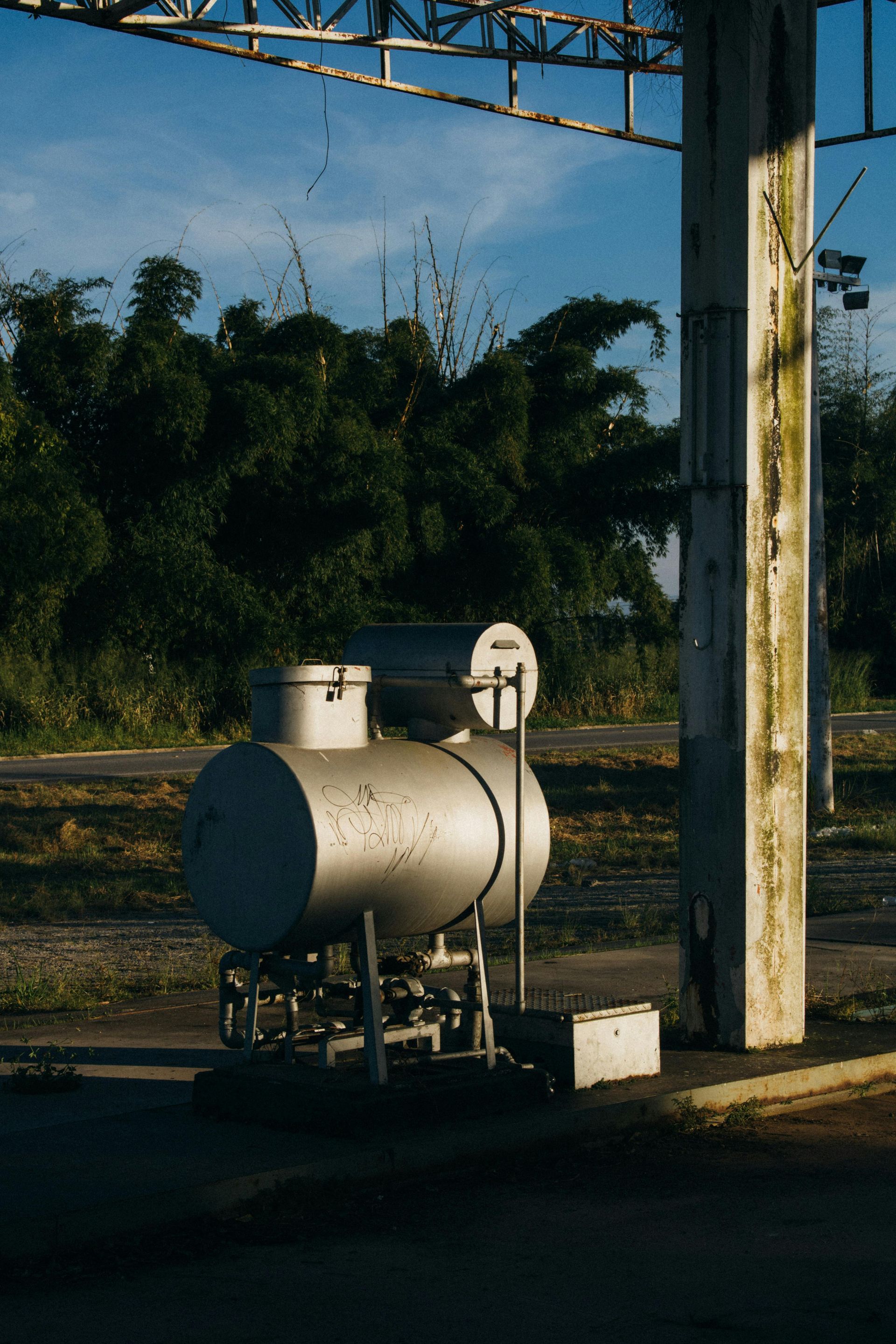What is a Cistern? Benefits of Residential Installation
Water is one of our most valuable resources, yet it’s often taken for granted. With growing concerns around water scarcity and rising utility bills, homeowners are seeking practical solutions to manage water efficiently. One such solution is installing a cistern. But what exactly is a cistern, and why should you consider adding one to your home?
Understanding Cisterns
At its core, a cistern is a storage system designed for collecting and holding water. These systems can range in size from small tanks to large underground reservoirs, depending on your household's needs. While cisterns have existed for centuries, their design and functionality have evolved to suit modern demands.
Cisterns can store water collected from a variety of sources, most commonly rainwater harvested from roofs. Once installed, they act as a dedicated backup water source, providing water for various residential applications, including irrigation, laundry, and even indoor plumbing in some cases. Now that we know what a cistern is, let's explore the significant benefits of installing one in a residential setting.
The Benefits of Installing a Cistern at Home
- Water Conservation: For environmentally conscious households, a cistern system is an excellent way to conserve water. Rainwater harvesting—one of the primary uses of cisterns—allows you to collect and reuse water that would otherwise go unused. Instead of allowing rainwater to run off your roof and down storm drains, a cistern stores it for later use. This method of water conservation is particularly beneficial in regions prone to drought or those with strict water usage restrictions. By using stored rainwater for outdoor tasks like watering your garden or washing your car, you lessen the strain on municipal water supplies and engage in sustainable living practices.
- Cost Savings on Water Bills: Using stored water from your cistern can significantly reduce your household's reliance on municipal water systems. Over time, this translates to noticeable savings on your water bills. For example, households that use cistern water for high-consumption tasks like lawn irrigation or filling swimming pools can dramatically cut their water expenses, especially during peak summer months. While there’s an initial cost for installation, this system pays for itself over time through accrued savings.
- Emergency Water Supply: One of the most notable advantages of having a cistern is its use as an emergency water supply. Unexpected situations, such as natural disasters or municipal water outages, can disrupt your access to fresh water. A cistern provides peace of mind by ensuring that you always have a backup source for essential activities like drinking, cooking, and personal hygiene. This feature is particularly valuable for households located in rural areas or regions prone to severe weather events.
- Reduced Strain on Local Water Ecosystems: By utilizing rainwater harvested through a cistern, you help offload demand from local water bodies and aquifers. This contributes to the preservation of natural ecosystems, especially during dry seasons when resources are scarce. Additionally, when used for stormwater management, cisterns mitigate flooding risks in urban areas by reducing the volume of rainwater that enters storm drains. This not only protects your neighbourhood but also enhances the sustainability of the local environment.
- Customizable and Scalable Solutions: Cistern systems come in a variety of sizes, shapes, and configurations, making them adaptable to different properties. Whether you have limited space in an urban home or a vast yard in a rural setting, there’s a cistern design that fits your needs. Depending on your water usage, you can opt for above-ground tanks, compact units, or even larger underground systems. With the help of professionals like Dan Parr Septic Systems and Sewage, designing and installing the perfect cistern for your property is simple and hassle-free.
- Reduced Water Treatment Energy: When water is processed by municipal systems, it requires energy to be cleaned, filtered, and pumped to your home. By using untreated rainwater collected through a cistern for non-potable activities, you reduce the need for energy-intensive water processing. This isn't just good for the environment—it can have positive long-term effects on utility infrastructure and costs as well.
Partner With Experts for Installation and Maintenance
Installing a cistern is a worthwhile investment, but like any home improvement project, proper planning and expertise are key. From understanding local regulations to determining the appropriate tank size, working with a knowledgeable provider ensures a smooth installation process.
That’s where Dan Parr Septic Systems and Sewage comes in. Known for their expertise in septic systems and water storage solutions, they specialize in designing cistern systems tailored to your unique needs. Their team can guide you through everything from site assessment to ongoing maintenance, ensuring that your cistern functions efficiently for years to come.
Getting Started with Your Cistern System
A cistern offers a sustainable, cost-effective, and practical solution to modern water challenges. Whether you’re looking to conserve water, prepare for emergencies, or reduce utility bills, a cistern system makes it easier to manage and optimize your household’s water usage.
If you’re ready to improve your water efficiency, consider partnering with Dan Parr Septic Systems and Sewage. Their expertise in the field ensures that your cistern installation is handled with care and precision. Start your journey toward smarter water management today!
